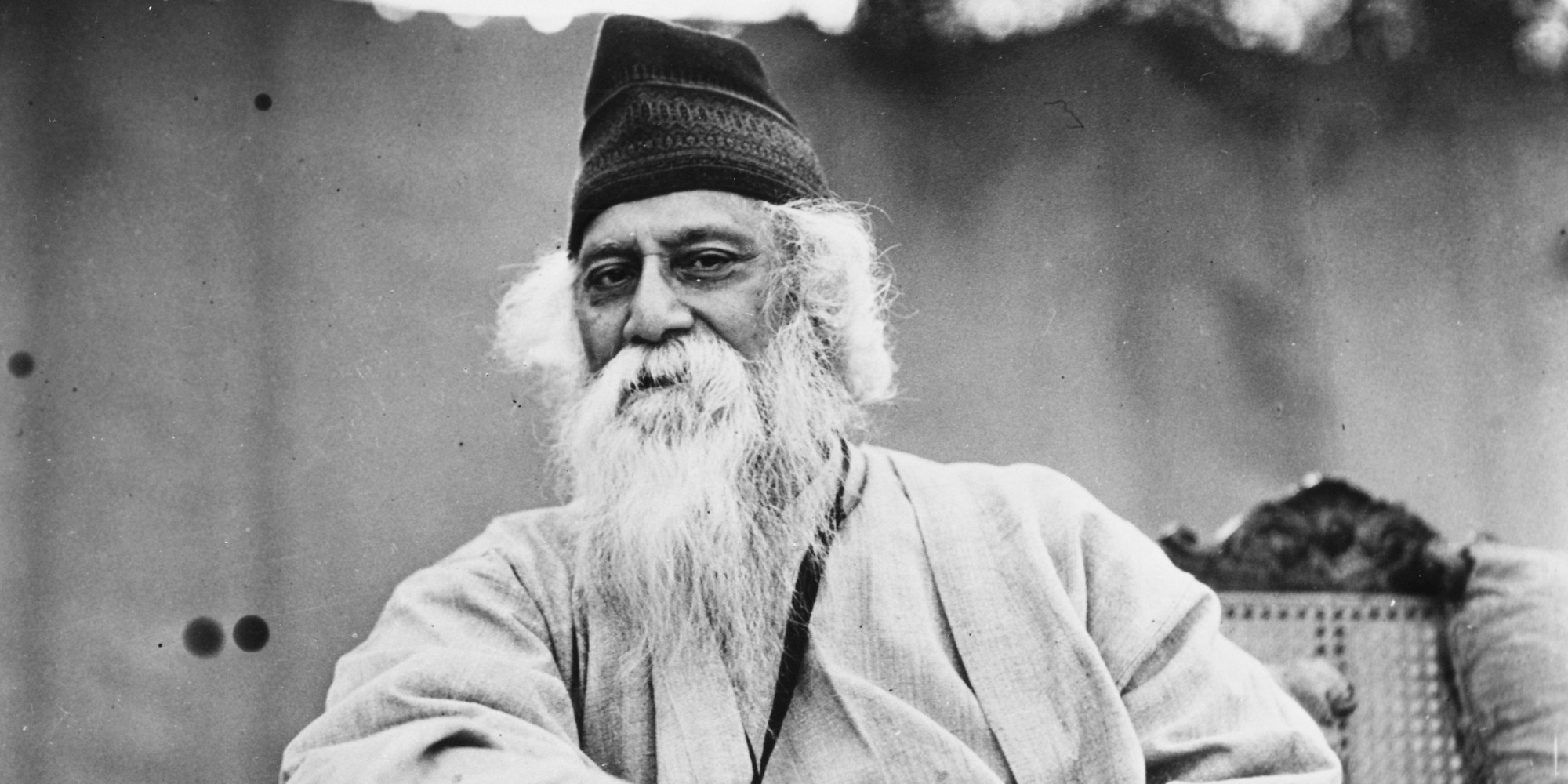
These Are The Indians Who Have Won Nobel Prizes; Know About Them
3 Feb 2017 5:52 AM GMT
The Nobel Prize is one of the most prestigious awards in the world. It is awarded in six categories: Chemistry, Economics, Literature, Peace, Physics, Physiology or Medicine.
Since its inception in 1901 and till 2016, the Nobel Prize was awarded 579 times. There are 885 Nobel Laureates and 26 organisations who were awarded the prize.
Five Indians and three Indian-origin individuals have the distinction of being Nobel laureates.
Indians
Rabindranath Tagore (The Nobel Prize in Literature, 1913)
Awarded “because of his profoundly sensitive, fresh and beautiful verse, by which, with consummate skill, he has made his poetic thought, expressed in his English words, a part of the literature of the West”.
As highlighted by the Swedish Academy, Rabindranath Tagore’s writing is deeply rooted in both Indian and Western learning traditions. Tagore penned the national anthems of both India and Bangladesh and was a spokesperson for peace and Indian independence. Hailed as the ‘Bard of Bengal’, Tagore became the first non-European to win the Nobel in Literature, and the first Asian ever.
Image Source: aolcdn
Chandrasekhara Venkata Raman (The Nobel Prize in Physics, 1930)
Awarded “for his work on the scattering of light and the discovery of the effect named after him”.
Raman’s research into light scattering resulted in the discovery of the Raman effect, a pivotal moment in modern physics and optics. He was also honoured with the Bharat Ratna in 1954.
Image Source: kenfolios
Mother Teresa (The Nobel Peace Prize, 1979)
Awarded “for work undertaken in the struggle to overcome poverty and distress, which also constitutes a threat to peace”.
Teresa was born in Albania but settled in India. In 1950, she founded the Missionaries of Charity, a religious congregation. As of 2012, this organisation was active in 133 countries and attends to people dying of HIV/AIDS, leprosy, tuberculosis, etc. She was made a saint of the Catholic Church in September 2016.
Image Source: deschide
Amartya Sen (The Nobel Prize in Economics, 1998)
Awarded “for his contributions to welfare economics”.
Sen is a widely quoted economist. His work in the field of welfare economics and the allocation of resources in a community have been crucial in the analyses of poverty, wealth, and famine.
Image Source: biografieonline
Kailash Satyarthi (The Nobel Peace Prize, 2014)
Awarded along with Malala Yousafzai “for their struggle against the suppression of children and young people and the right of all children to education”.
Inspired by Mahatma Gandhi, Kailash Satyarthi has been waging a peaceful struggle against child labour and exploitation. He began the Bachpan Bachao Andolan which has safeguarded the rights of more than 83,000 children from 144 countries. His efforts led to the International Labour Organisation adopting Convention No. 182 on the worst forms of child labour. This convention is now a principal guideline for governments around the world.
Image Source: youthconnect
Indian-origin
Har Gobind Khorana (The Nobel Prize in Physiology or Medicine, 1968)
Awarded along with Robert W. Holley and Marshall W Nirenberg “for their interpretation of the genetic code and its function in protein synthesis”.
Khorana was born in Raipur and later moved to the United States after Partition. He was a biochemist who conducted significant research into protein synthesis.
Image Source: nyt
Subrahmanyan Chandrasekhar (The Nobel Prize in Physics, 1983)
Awarded along with William A. Fowler “for his theoretical studies of the physical processes of importance to the structure and evolution of the stars”.
Chandrasekhar was born in British India’s Lahore and was the nephew of CV Raman. Chandrasekhar’s theories on the development of stars and the formation of white dwarves are critical studies in astrophysics.
Image Source: geni
Venkatraman Ramakrishnan (The Nobel Prize in Chemistry, 2009)
Awarded along with Thomas A Steitz and Ada Yonath “for studies of the structure and function of the ribosome”.
Ramakrishnan was born in Tamil Nadu and moved to the US after graduation. He mapped the structure of ribosomes which has been important in physiology, antibiotics, and chemistry.
Image Source: wikimedia
 All section
All section





















